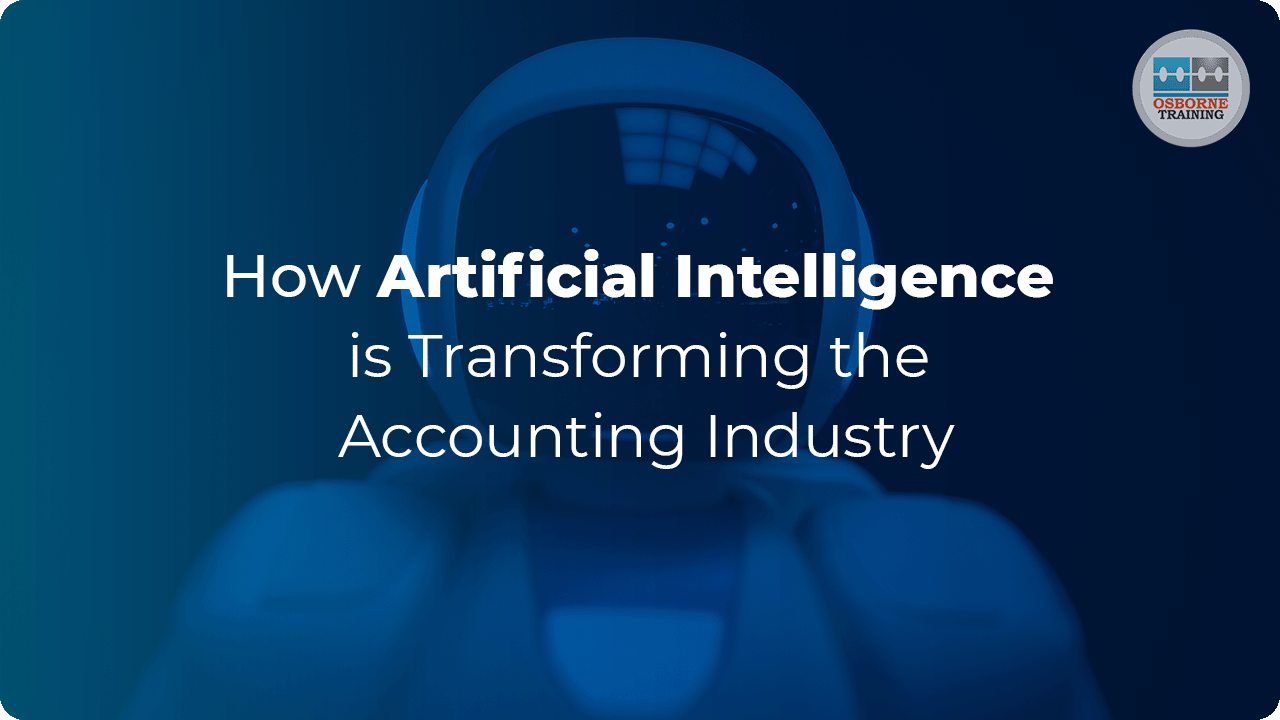
How Artificial Intelligence is Transforming the Accounting Industry
The accounting industry has experienced a significant shift with the introduction of AI technology.
The exponential growth of data generated by the Internet and IoT devices, coupled with the computational power to process this data, has paved the way for the rapid adoption of AI in Industry.
Automation has played a key role in reducing manual efforts and improving the quality of output by minimizing human errors. Tasks such as payroll, tax, banking, and audits have been automated, disrupting the traditional way of doing business in the accounting industry.
AI not only boosts productivity and output quality but also enhances transparency and auditability.
With the help of machine learning (ML) algorithms, finance professionals can accurately forecast financial statements based on historical data. Robotic Process Automation (RPA) has further accelerated automation by efficiently completing repetitive tasks in various business processes. By implementing RPA, finance teams can focus on strategic and advisory responsibilities rather than getting bogged down by non-value-added tasks.
Applications of AI in Accounting
1. Payables/Receivables Processing
Invoice processing has historically been a time-consuming and labor-intensive task. However, AI-based invoice management systems have revolutionized the process by increasing processing volume, ensuring zero-error processing, and improving vendor relationships.
These systems automate data entry, extraction, and reconciliation, saving time and reducing the risk of human error.
2. Real-time Data Processing
Interpreting financial data in a broad context and considering external factors, market trends, and business strategies can be a time-consuming task.
AI-powered bookkeeping systems now integrate with various data sources, such as bank feeds and payment gateways, enabling real-time processing and analysis of financial data.
This provides businesses with instant access to up-to-date insights into their financial health, allowing them to make informed decisions promptly.
3. Intelligent Financial Analysis
One of the key strengths of AI in the accounting field is its ability to analyze large volumes of financial data and identify patterns, trends, and anomalies.
AI algorithms provide valuable insights that enable businesses to gain a deeper understanding of their financial performance, make data-driven decisions, and optimize their financial strategies.
These systems assist in cash flow forecasting, profitability analysis, budget optimization, and trend identification, all with a high level of accuracy and efficiency.
4. Enhanced Security and Compliance
AI-powered bookkeeping systems enhance security and compliance measures by continuously monitoring financial data for irregularities, anomalies, and potentially fraudulent activities.
By detecting and alerting businesses in real-time, these systems strengthen security measures and reduce the risks of financial fraud.
Additionally, AI helps ensure compliance with accounting regulations and standards, reducing the likelihood of errors and penalties.
5. Scalability and Cost-efficiency
As businesses grow, the volume and complexity of financial data increase. AI automation allows organizations to handle larger amounts of data without compromising accuracy or efficiency.
This scalability enables businesses to streamline their bookkeeping processes, reduce costs, and improve operational efficiency.
AI-powered bookkeeping systems are accessible to businesses of all sizes, democratizing financial management capabilities and leveling the playing field.
6. Personalized Financial Guidance
AI-powered systems can offer personalized insights and guidance based on historical data, industry benchmarks, and market trends.
By analyzing this information, businesses can receive tailored recommendations and insights that help optimize their financial performance, identify growth opportunities, and navigate challenges more effectively.
However, it is important to note that AI complements and enhances the capabilities of human bookkeepers, rather than replacing them. Human professionals bring critical judgment, interpret complex financial situations, and provide context for decision-making.
To conclude:
AI has revolutionized the accounting industry by automating repetitive tasks, improving efficiency, and providing valuable insights into financial operations.
From payables/receivables processing to real-time data processing, intelligent financial analysis, enhanced security and compliance, scalability, cost-efficiency, and personalized financial guidance, AI has transformed various aspects of finance and accounting.
While it is not a substitute for human expertise, AI serves as a powerful tool that complements and enhances the capabilities of human bookkeepers. With the proper mindset, skills, and support, businesses can leverage AI to optimize financial management and drive growth in the digital era.
Browse through our updated AAT Accredited Accounting and Bookkeeping courses here, and start your accountancy journey today!






